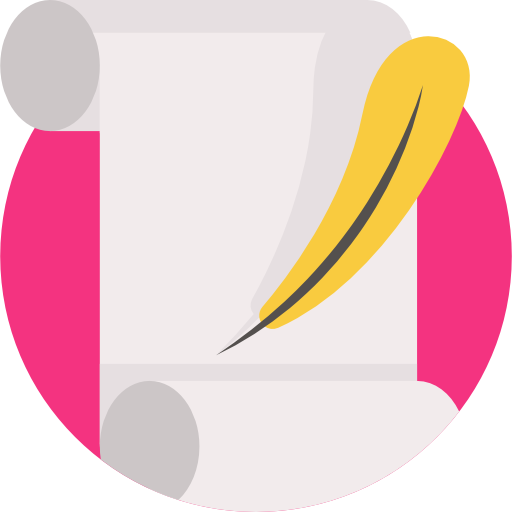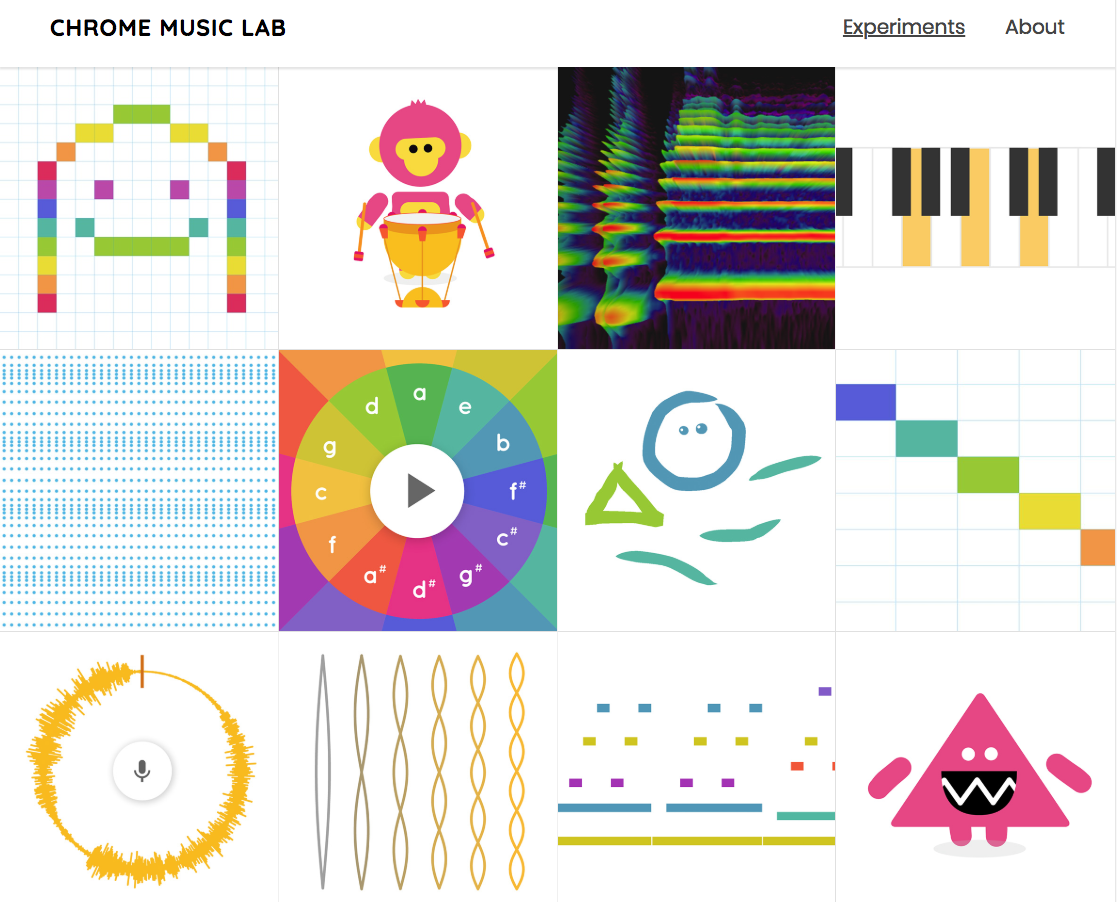The Agora › Forums › Public Education › Artistic expression in the age of Big Tech
-
AuthorPosts
-
-
December 2, 2020 at 3:15 pm #2713
 agoraphileOrator
agoraphileOratorOn this morning’s episode of Voiced.ca‘s Hurley in the Morning, the illustrious Stephen Hurley voiced his opinion (all puns my own and not the responsibility of my employer) that artistic expression has been at the very least impacted and at worst bastardized by the rise of Big Tech and its relentless focus on optimized experiences and profitable interactions.
This is actually a grossly exaggerated representation of Stephen’s leading question about the role played by large technology companies in structuring exchanges and impacting the discourse by controlling the medium.
I opted to counter with such examples as the notion that some large firms, like Apple and Google, even IBM and Microsoft routinely make efforts – some less convincing than others – towards embracing art as a human expression. Examples include the simple design of most Apple products, or the Chrome Music Lab, where people are encouraged to add their own creative ingredients to the relationship with the technology itself.

Naturally, the concern here is that as Big Tech creates and controls the context of creative expression, it also uniquely understands people and paints unique pictures of their personal identities. In so doing, there is a feeling of invasion as it pertains to what should be an unadulterated experience. According to some, this may be pushing the boundaries of cynicism towards outright negativity, while others believe it to be a puerile oversimplification of the stratagems and forces at work.
What do you think?
-
December 8, 2020 at 8:49 pm #3219
 iacio2021Citizen
iacio2021CitizenOne of the things that I’m taking from William Deresiewicz in the newly-released, The Death of the Artist: How Creators Are Struggling to Survive in the Age of Billionaires and Big Tech, is that there are really two narratives that have emerged in the conversation about technology and the arts.
On the one hand, the narrative of creativity that says that “everyone is an artist” because they have access to the tools of artistic expression. On the other hand, you have professional, practicing and, quite often, poor artists who, having spent years learning and honing their tools and talent, wondering what and where their place actually is.
Who gets to call themselves artist, author, musician, dancer in a world where we can all, through the use of technology, find some levels of proficiency in all of these areas.
I think that this is an important question that leads to, perhaps, a broader inquiry into the importance of art and the artist in our current age.
-
-
AuthorPosts
You must be logged in to reply to this topic.